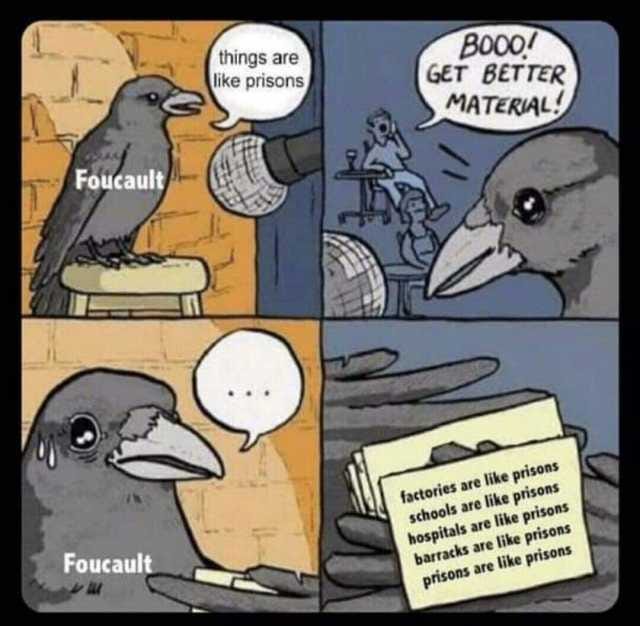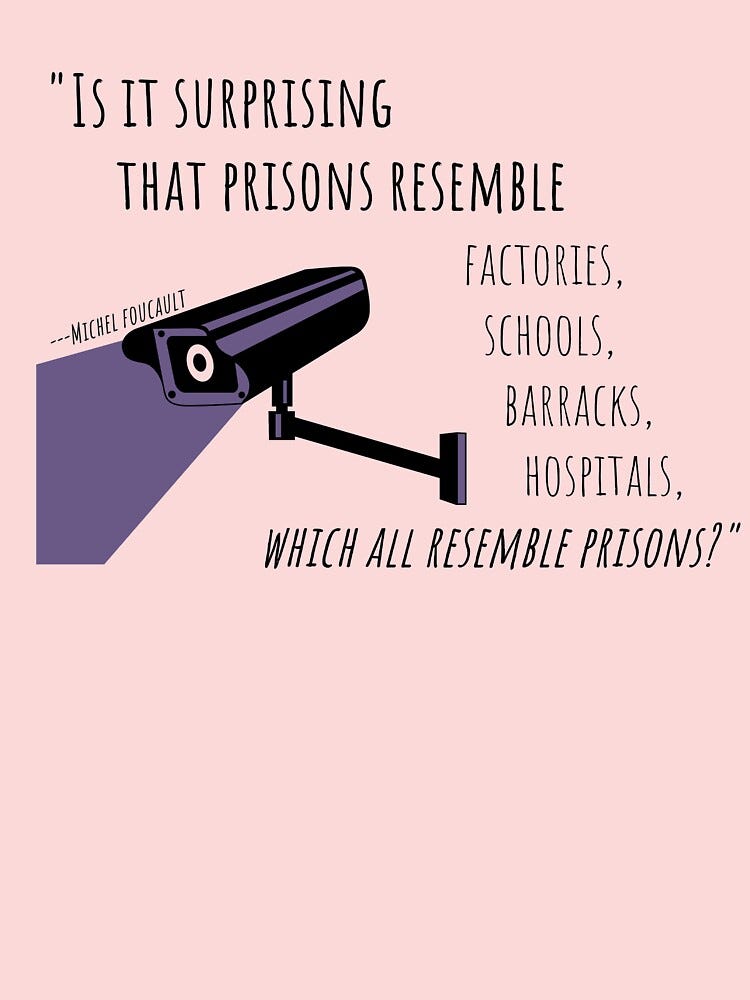Introducing a Deleuzoguattarian philosophy in the classroom through a series of becomings
This past week was a week of reflection — no homework got done. Despite trying different approaches like Google Classroom, Youtube videos, and Discord, the struggle persists. Can we blame the students? Not entirely; I empathize, having been a student myself. Yet, from a teacher’s standpoint, homework is not just a mundane task (though grading may feel that way). Homework serves as a tool for students to hone their skills. A short Youtube video shows us that homework has clear advantages; but these advantages comes at an inherent cost.
Ross W. Greene, an American clinical child psychologist, has a quote on homework that I believe strikes a chord with all compassionate educators:
No kid should be getting three to four hours of homework a night. There’s no breathing time, there’s no family time, there are just extracurriculars and homework and then go to bed.
Undoubtedly, today’s children experience heightened stress compared to previous years. Elementary students feel the early pressure of college expectations, education markets are fiercely competitive, and kids are pushed into clubs, advanced classes, and every extracurricular activity known to humans. On top of all of this, there is an expectation to excel across every category. In my role as an educator, recognizing the challenges that students face today, I ask myself a set of questions:
- What is the correct amount of homework to assign?
- What types of homework assignments should I assign?
- What is the optimal way to assign, distribute, and collect homework?
I titled this blog “Becoming-Mineral” as assigning homework puts me between a rock and a hard place. On one hand, I aim for students to develop critical thinking and become agents of change, a purpose served by homework. On the other hand, I find myself entangled in bureaucracy: as stacks of paper pile high with no end in sight, homework has transformed into a method of control.

Having wrote the preface for Gilles Deleuze and Félix Guattari’s Anti-Oedipus, Michel Foucault demonstrates a nuanced understanding of fascism. In his own book, Discipline and Punish, Foucault dissects power and explores the idea of schools functioning as disciplinary institutions, equating them to prisons. Surely, state-sanctioned prisons operate differently than that of a school, but they follow the all-too-familiar structure of prisons. Schools implement various disciplinary measures to shape a well-behaved student body, including dress codes, assignments, tests, restroom requests, detentions, suspensions, and the assignment of homework. Students are, in every use of the term, habitually policed.
Rigid regulations are not solely used in schools. Arbitrary, administrative practices are:
… Empirical and calculated methods relating to the army, the school and the hospital, for controlling or correcting the operations of the body. (Discipline and Punish, pg. 136)
Schools are prisons; but so are military industrial complexes, hospitals, psychiatric institutions, the workplace, and every other institution within society.

There is no denying that my classroom employs disciplinary measures. Like all classrooms, there is an inherent level of discipline and punishment, characterized by strict rules and a structured curriculum. My profession demands adherence to a specific teaching approach; though, teaching speech and debate grants me more creative freedom compared to many educators. Still, this creativity is not entirely exempt from oversight.
Therefore, two questions arise:
- In what way does penalizing students for incomplete homework not essentially replicate the conditions found in a prison?
- Furthermore, if we acknowledge that this indeed creates a prison-like environment, how can we dismantle the barriers of such confinement?
Hope may seem elusive when considering the first question. The very nature of our involvement in these institutions necessitates their existence, grounded in discipline and punishment. Yet, it does not imply our inability to sustain a perpetual state of revolution against these systems. By enlightening students about the inflexibility of these institutions, and the importance to challenge unjust disciplinary practices, we are able to challenge dominant hierarchies in education. Through transparency with my students, I have observed increased receptivity towards submitting homework and a heightened motivation to excel in speech and debate.

One method to challenge this teacher-student hierarchy that I have utilized is having students debate the terms of the syllabus. By incorporating Plato’s theory of forms, I emphasize the true essence of what defines a student and a teacher; this essence is something that we collectively need to uncover. Allowing the students to collaboratively construct a syllabus, I employ the Socratic method to guide them to recognize the importance of elements like participation, homework, tests, and quizzes in the pursuit of education. Though my role in teaching clubs and after-school speech and debate classes spares me from the conventional grading scale pressure, taking the time to set the terms for who the class ought to be structured, while utilizing students’ input, has proven successful in fostering homework submission in certain classes.
While students may resist submitting homework, the aversion is mirrored by educators’ disdain for grading. Yet, it all hinges on mindset. If educational spaces shifted away from intense competition toward embracing learning for its intrinsic value, rather than viewing education as a means to an end, students might view homework as a tool to enhance their learning experience.
In the realm of assigning homework, numerous blog posts delve into this age-old practice, facilitating independent problem-solving for students. However, precision is paramount in its assignment. Infuse creativity into diverse assignments, aiming to make the process as enjoyable as possible.
In my next blog post, I will showcase a creative homework assignment — one in which all students will have turned in.
Leave a Reply